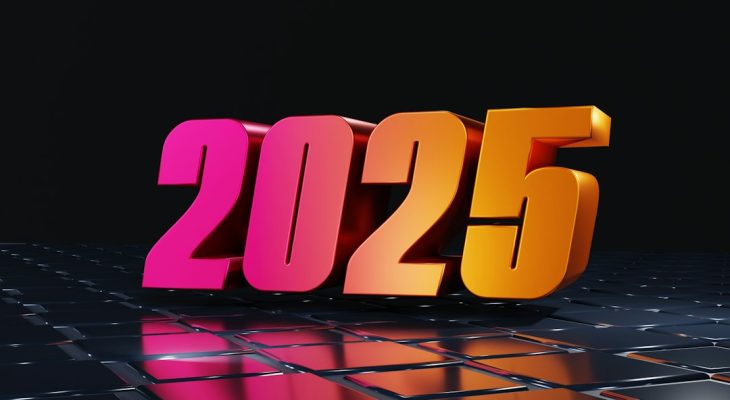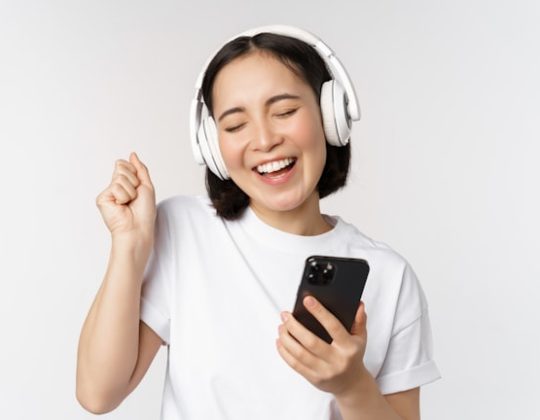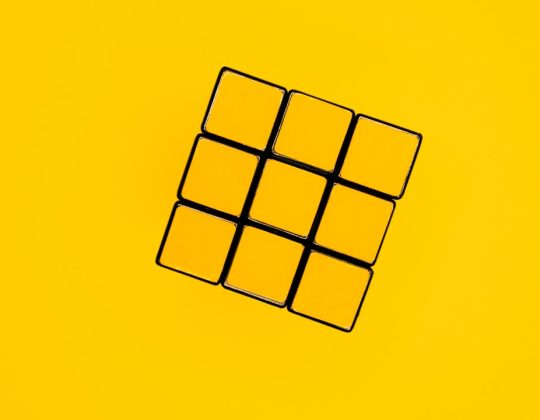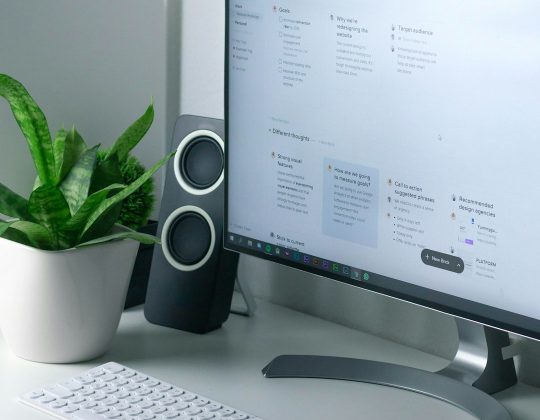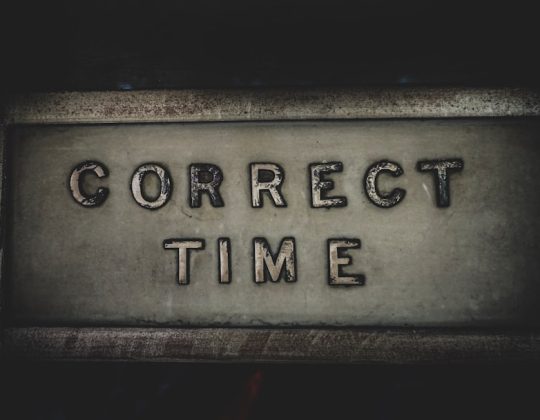In today’s visually dominant digital landscape, reverse image search tools have become essential for professionals and casual users alike. Whether you’re a content creator trying to avoid copyright infringement, a journalist verifying the origin of an image, or someone simply looking to find out more about a photo, these tools offer powerful capabilities to trace the sources of images, find visually similar content, and even learn where an image has appeared on the web. This article explores 15 must-try reverse image search tools designed to deliver better visual results and streamline your image investigation process.
1. Google Images
Google Images is perhaps the most well-known reverse image search tool. It’s user-friendly and provides results from countless websites, making it a solid choice for general image tracking. Simply upload an image or paste its URL, and Google will show where and how that image is being used online.
2. TinEye
TinEye is a specialized reverse image search engine that uses image identification technology instead of keywords. It’s ideal for discovering how and where an image has been used on the internet. TinEye also offers filters such as newest, oldest, biggest image, and best match.
3. Bing Visual Search
Bing Visual Search offers an intuitive interface and powerful search capabilities. Apart from tracing the origins of an image, it can also recognize objects within the image, making it an excellent choice for shopping and product discovery.
4. Yandex Images
Russia’s largest search engine, Yandex, provides a surprisingly accurate reverse image search, especially for identifying people or locations. Its AI-driven recognition is particularly adept at facial identification, outperforming Google in some instances.
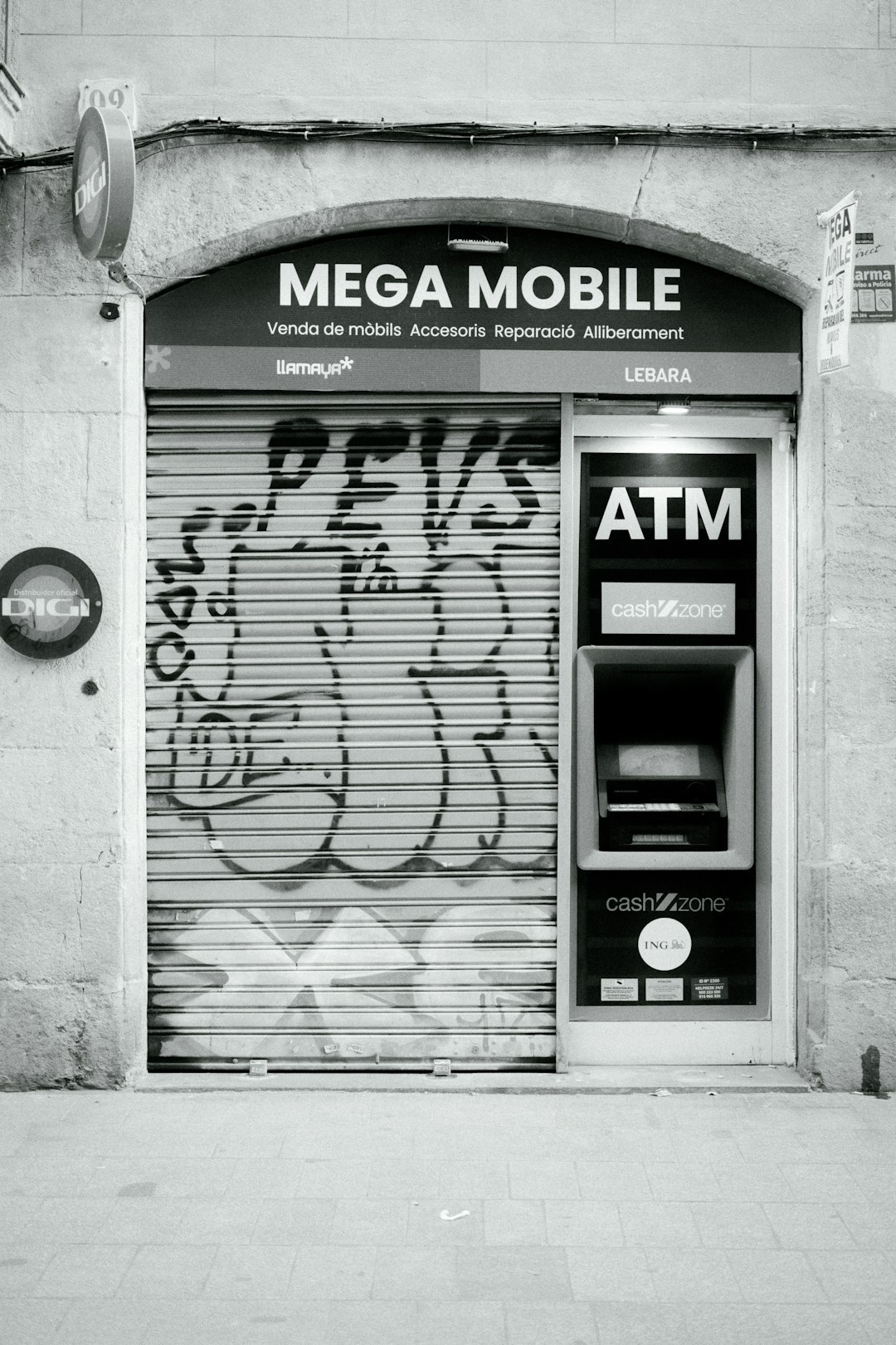
5. Pinterest Visual Search Tool
Aimed more at lifestyle and design content, Pinterest lets users visually search inside pins. Drag a selection box around the image part you want to explore, and Pinterest will show visually similar pins, making inspiration-finding extremely easy.
6. Image Raider
Image Raider is geared towards content creators and photographers. It allows bulk uploading of images and monitors the internet for unauthorized use of your images. Ideal for professionals protecting their intellectual property.
7. RevIMG
Well-suited for industrial and design professionals, RevIMG supports reverse searches based on shapes and patterns. It excels when dealing with logos, designs, or schematic-like images, providing quite accurate results.
8. Karma Decay
Specialized for Reddit users, Karma Decay searches Reddit forums to detect image reposts. It’s excellent for verifying if, when, and where a photo has made rounds on the platform — crucial for users citing image-based content in discussions.
9. Pixsy
Pixsy offers more than just reverse image search. It helps photographers and artists not only track image usage but also launch infringement cases directly through its platform. With real-time alerts and legal enforcement services, Pixsy is a step above basic search tools.
10. Berify
Unlike some tools that limit their search to just one or two engines, Berify taps into multiple search engines, including Google, Bing, and others. It’s particularly helpful for private investigators, photographers, and influencers monitoring their online presence.
11. Photo Sherlock
Photo Sherlock is an easy-to-use mobile app that allows users to take a picture or upload it from their phone and instantly perform a reverse search. It supports integrated mobile features, making it ideal for on-the-go photo investigations.
12. Social Catfish
Designed to assist with identity verification, Social Catfish uses reverse image search to track down individuals and fake profiles. It’s a great tool for online dating users who want to ensure authenticity before connecting further.
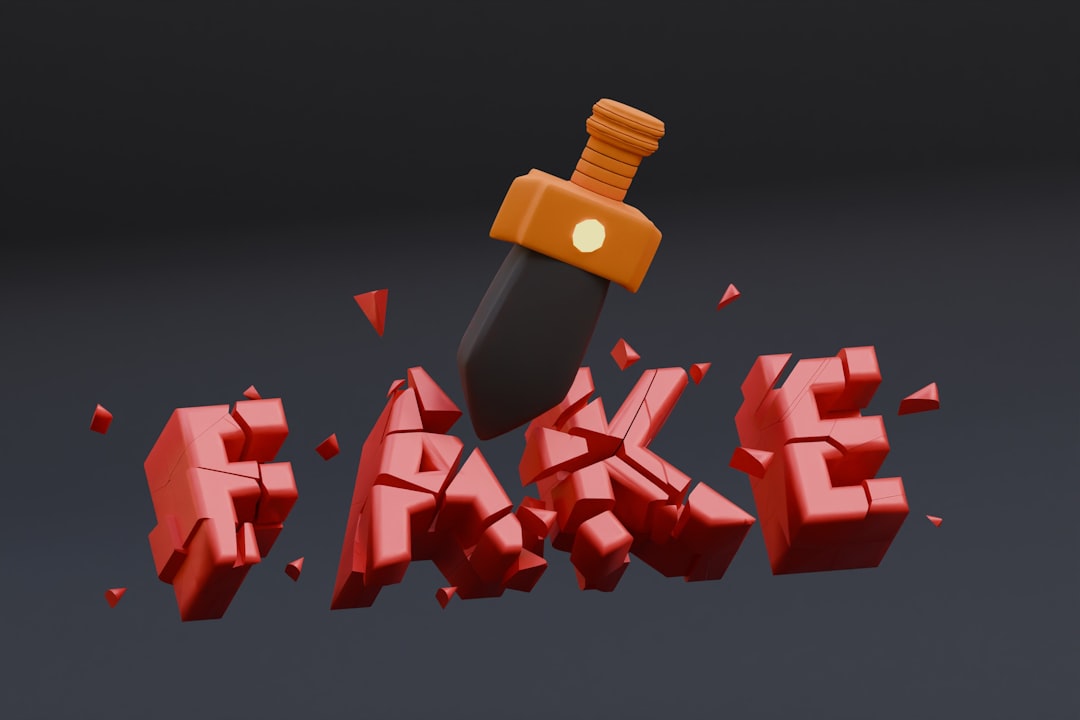
13. SauceNAO
Anime and manga fans rejoice! SauceNAO is specifically tailored to trace where an image appears in anime, manga, or gaming culture. This niche reverse image finder is optimized for art identification, fan art tracking, and media sourcing.
14. IQDB
Similar to SauceNAO, IQDB focuses on anime and illustrated artwork. Used by platforms like Gelbooru, Hiroimono, or Safebooru, it can match drawings with the original versions or identify the illustrator.
15. CamFind
CamFind is a mobile app utilizing cloud-based visual search technology. You can take a photo, and CamFind will tell you what it is — similar items, where to buy it, reviews, and relevant content. It’s especially useful for shoppers and explorers.
Conclusion
Choosing the right reverse image search tool depends on your needs — whether you’re tracking intellectual property, verifying identity, or simply curious about an image’s origin. With these 15 must-try tools, users now have the power to dig deeper into visual content, obtain highly accurate matches, and stay informed with confidence. In an age dominated by images, having the right tools to navigate visual data can’t be overstated.
FAQ: Reverse Image Search Tools
- Q1: What is a reverse image search?
A reverse image search allows users to find the origin of an image, discover where it has been used online, or find similar images by uploading the photo or using its URL. - Q2: Is reverse image search free?
Yes, most tools like Google Images, TinEye, and Yandex are free to use, although some professional tools like Pixsy or Berify may offer premium services. - Q3: Can I do reverse image search from a mobile phone?
Absolutely! Apps like CamFind and Photo Sherlock are designed specifically for mobile devices. Additionally, mobile browsers allow image searches via sites like Google Images or Bing Visual Search. - Q4: Which reverse image search tool is best for finding stolen images?
Pixsy, Berify, and Image Raider are excellent options for professionals looking to track and take action against unauthorized image use. - Q5: How accurate are reverse image search engines?
The accuracy varies by tool and image type. Google and Yandex provide strong general-purpose results, while niche tools like SauceNAO offer better performance in specific categories like anime art.




